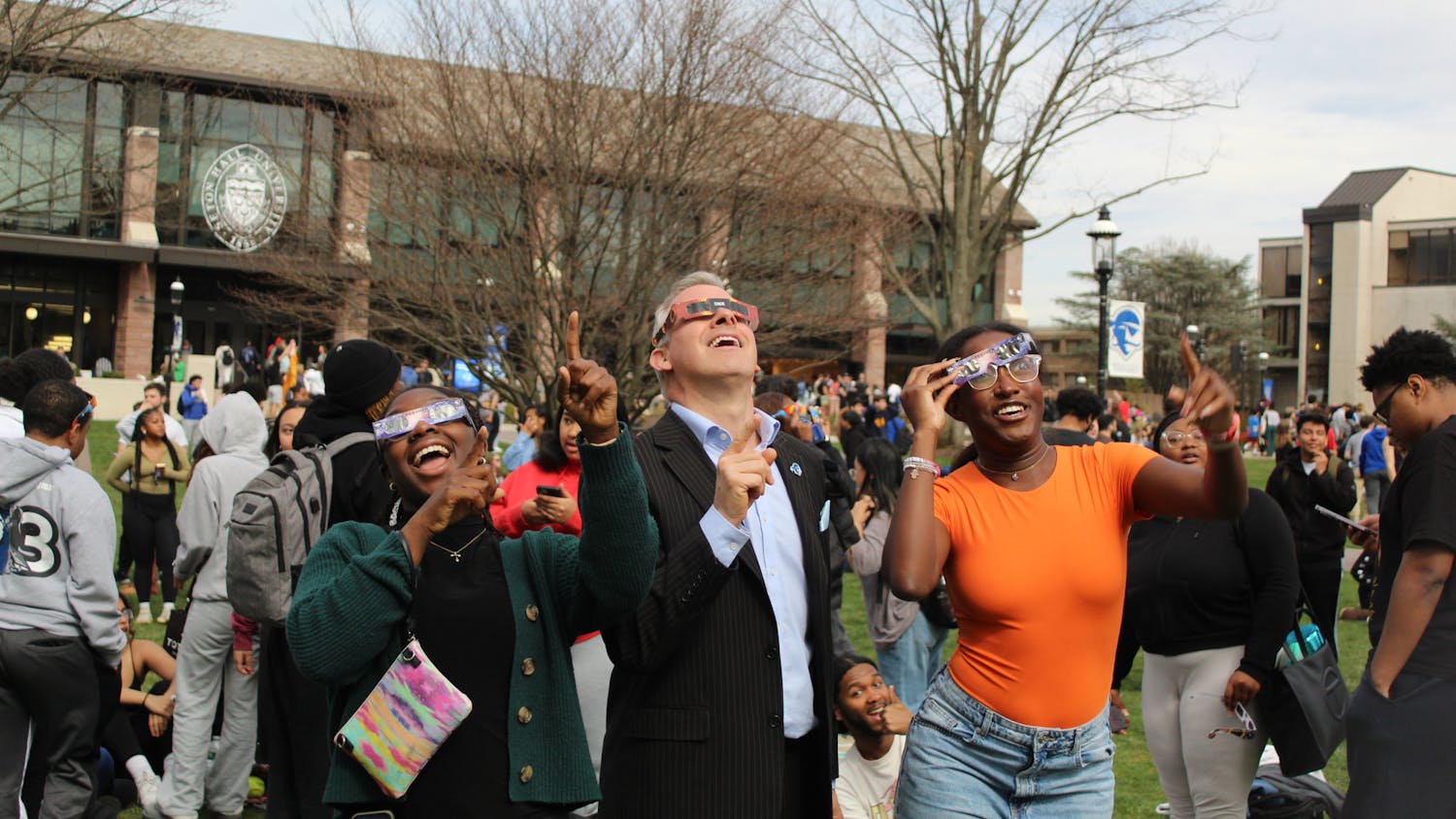University students who go without technology suffer from symptoms similar to that of addiction and withdrawal, according to a recent study by the University of Maryland's International Center for Media and the Public Agenda.
The study, called "24 Hours: Unplugged," had 200 undergraduates go without access to any form of media for one day, according to a recent E-Campus News article. The students then blogged about their experiences with the study, according to the article.
According to Paige Fisher, an assistant professor in the psychology department, the American Psychological Association does not currently characterize the overuse of technology as an addiction, however, she said that could easily change five or 10 years down the road.
Fisher said, generally, there were three models of addiction: a genetic model, a learned behavior model and an escape model.
"One school of thought feels there is a genetic component of addiction," Fisher said.
The learned model of addiction states there is an association between pleasurable rewards and the substance use and abuse while the escapist model purports that addictions stem from the want of the abuser to suppress symptoms of another disorder, such as anxiety or depression.
Fisher said some features or technology and the internet could fit some of the components of the models.
"There is immediacy in reinforcements with the internet," Fisher said. She explained the temporary reward of receiving an e-mail could create a learned association like with other addictions.
In addition, Fisher said some people with problems socializing or who were shy may choose to use the internet as an escape where they could communicate with people without actually having face-to-face contact.
Junior Bryce Vorters said he is not addicted to social media. "I refuse to let myself become addicted because I feel like that's a pathetic way to live your life," Vorters said.
Fisher said she feels the culture of college students in this generation can be particularly conducive to the use and abuse of technology.
"This generation's interest in privacy is totally different from that of previous generations," Fisher said. "There's a kind of contradiction - a strange sense of public anonymity, because you're communicating with so many people you don't know and students don't realize they're communicating with them at the time."
Freshman Maria Shell said that she is actually kind of afraid of using technology too much because she doesn't want to constantly be connected to other people.
"I hate carrying my phone on me and the only reasons I use a computer is for school stuff, Facebook and music downloading," Shell said. "But I think it's pretty easy for people to get addicted because it's so easy to get in contact with everyone. If you're always connected to some sort of technology, you're never just not there."
Many students also don't realize the consequences of posting private information or pictures until they graduated from college and had more of a connection to their personal and professional images and a need to maintain a certain image.
Fisher added, though, the problem wasn't limited to students. "There have been many cases where marriages break up because of the internet, either because of pornography or a spouse being unfaithful," Fisher said.
According to E-Campus News' article, many of the students experienced symptoms of withdrawal when they stopped using their technological devices.
Some study participants reported "phantom ringing," a phenomenon in which students hear their phone ringing or feel it buzzing even if they're in the lecture hall and their phone is in their dorm room, according to the article.
Fisher said anything which caused impairments in other aspects of a person's life, including not studying or going out with friends, should be considered a problem. A person should also seek help if he or she can't function without it or if it was so entrenched in the person's life that he or she could not cut down or stop using it.
"It's a controversial issue, because some people really feel it is an addiction," Fisher said. "But then others feel that calling everything an addiction, like saying ‘I'm a shopaholic,' or ‘I'm addicted to food,' takes away the seriousness of other addictions."
Caitlin Carroll can be reached at caitlin.carroll@student.shu.edu.





